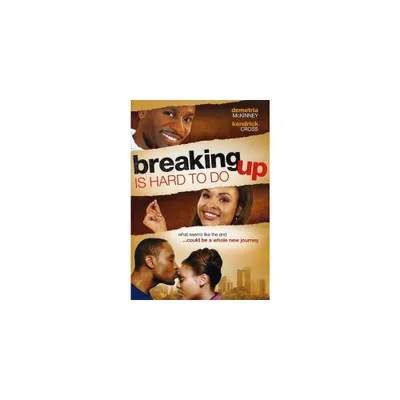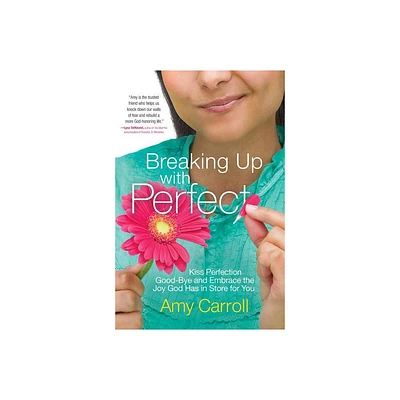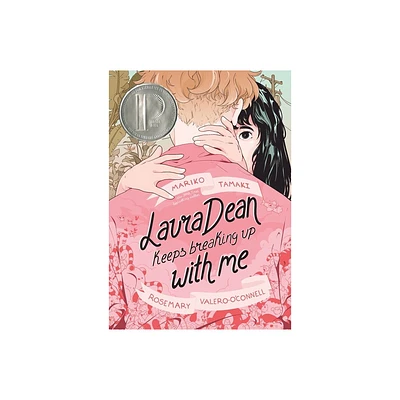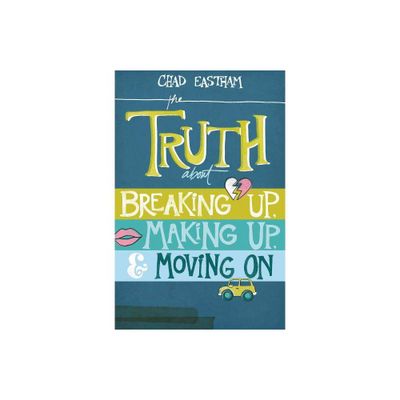Home
Breaking Up is Hard to Do: Britain and Europe's Dysfunctional Relationship
Loading Inventory...
Barnes and Noble
Breaking Up is Hard to Do: Britain and Europe's Dysfunctional Relationship
Current price: $22.50


Barnes and Noble
Breaking Up is Hard to Do: Britain and Europe's Dysfunctional Relationship
Current price: $22.50
Loading Inventory...
Size: Paperback
*Product Information may vary - to confirm product availability, pricing, and additional information please contact Barnes and Noble
The authors of this book were asked to examine the issue of Britain leaving the EU and determine, from an economic or political economy point of view, what the appropriate role of international institutions should be in this debate. They were then asked to relate this to the reality that exists under the status quo or that might exist if Brexit occurred. In doing this, the volume can help achieve three objectives. First, it provides an analysis of the role that international institutions should play in the economic life of a free society. This is important, and rarely discussed in policy debates. In general, policy discussion tends to revolve around how to tweak the status quo - should we have more EU involvement in climate change policy or military intervention by the UN in this or that case, for example. Second, the authors implicitly lay out what a renegotiation agenda ought to look like if a country (whether Britain or not) wishes to reform the EU in a liberal direction, now or at some future time. At the time of writing this foreword, it is clear that David Cameron's agenda is not nearly radical enough, though it remains to be seen whether even that will be achieved.Indeed, it is not clear that the proposals of the UK government will even take the EU in the right direction. Any serious agenda to create a new settlement should start from first principles and take into consideration for what purposes the institution should exist. This would provide a benchmark against which success can be measured. Third, the authors provide a framework within which the practical options of remaining with a reformed EU and Brexit can be analysed. There are some authors who do not believe that international institutions are at all important in the area they discuss. Others believe that international cooperation can take place through bespoke, informal or ad hoc mechanisms, and that the EU itself need have no role. Presumably, in these cases, Brexit would be the logical way to get the best policy outcome. Another group of authors believes that a reformed or slimmed-down role for the EU would be satisfactory, or that the restraints that the EU currently puts on member states are really important in guaranteeing economic liberalism. As far as these areas are concerned, a renegotiated (or, in some cases, unreformed) EU would be the best option.One interesting issue is raised that perhaps transcends the discussions of particular policy areas. Rather than trying to renegotiate a better deal when it comes to labour market regulation or agriculture, it might be better to try to reshape the institutions of the EU. There might be wider support for that, and, in the long term, better institutions could lead to better policy. Overall, this is an important and unique contribution to the discussion about Britain's relationship with the EU. In the white noise of the referendum debate, serious long-term analysis of the precise role that international institutions should play in a free society, grounded in the context of the reality of the EU's current role, is refreshing. Its relevance will long outlive the referendum on Brexit that is likely to take place in the next 18 months.


















